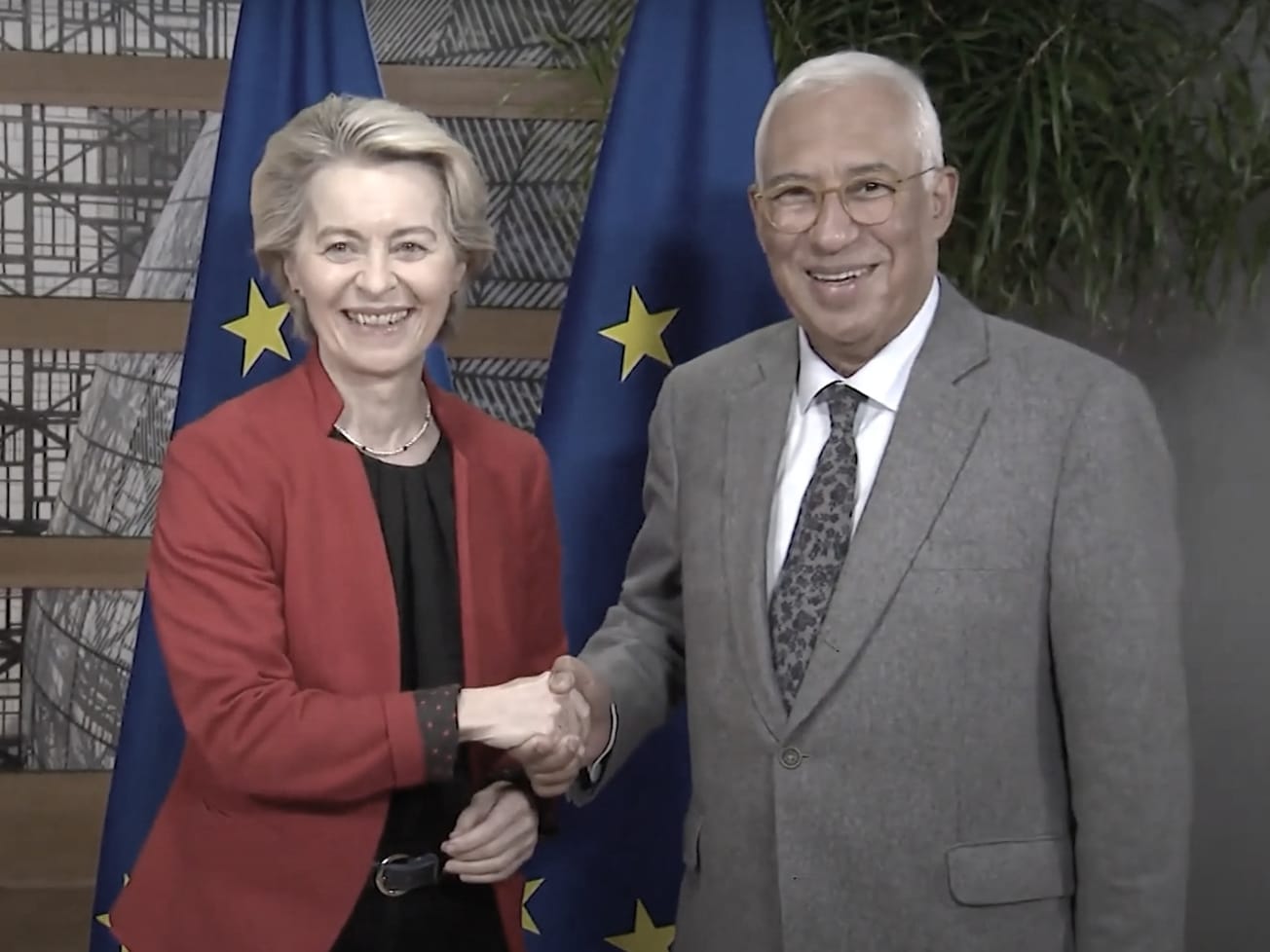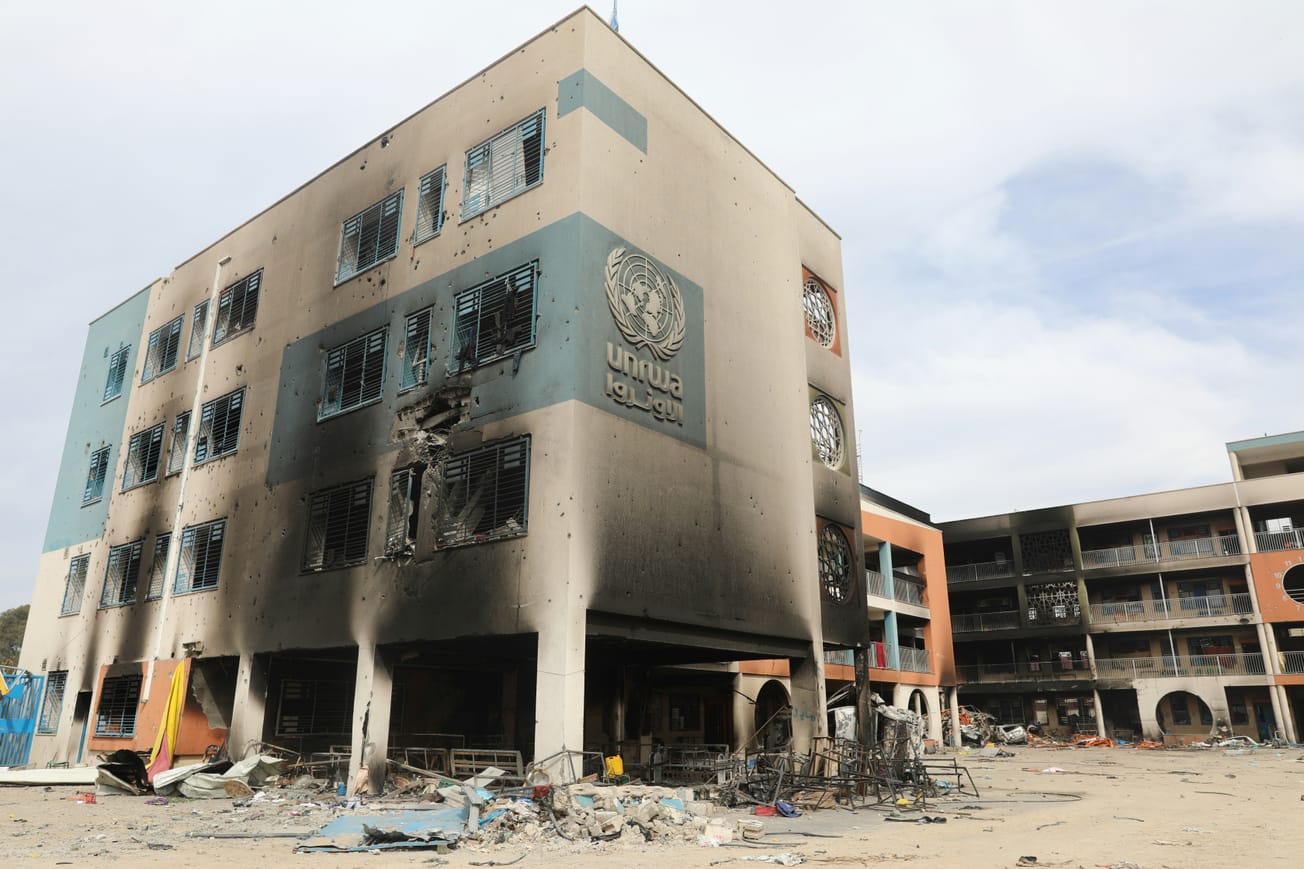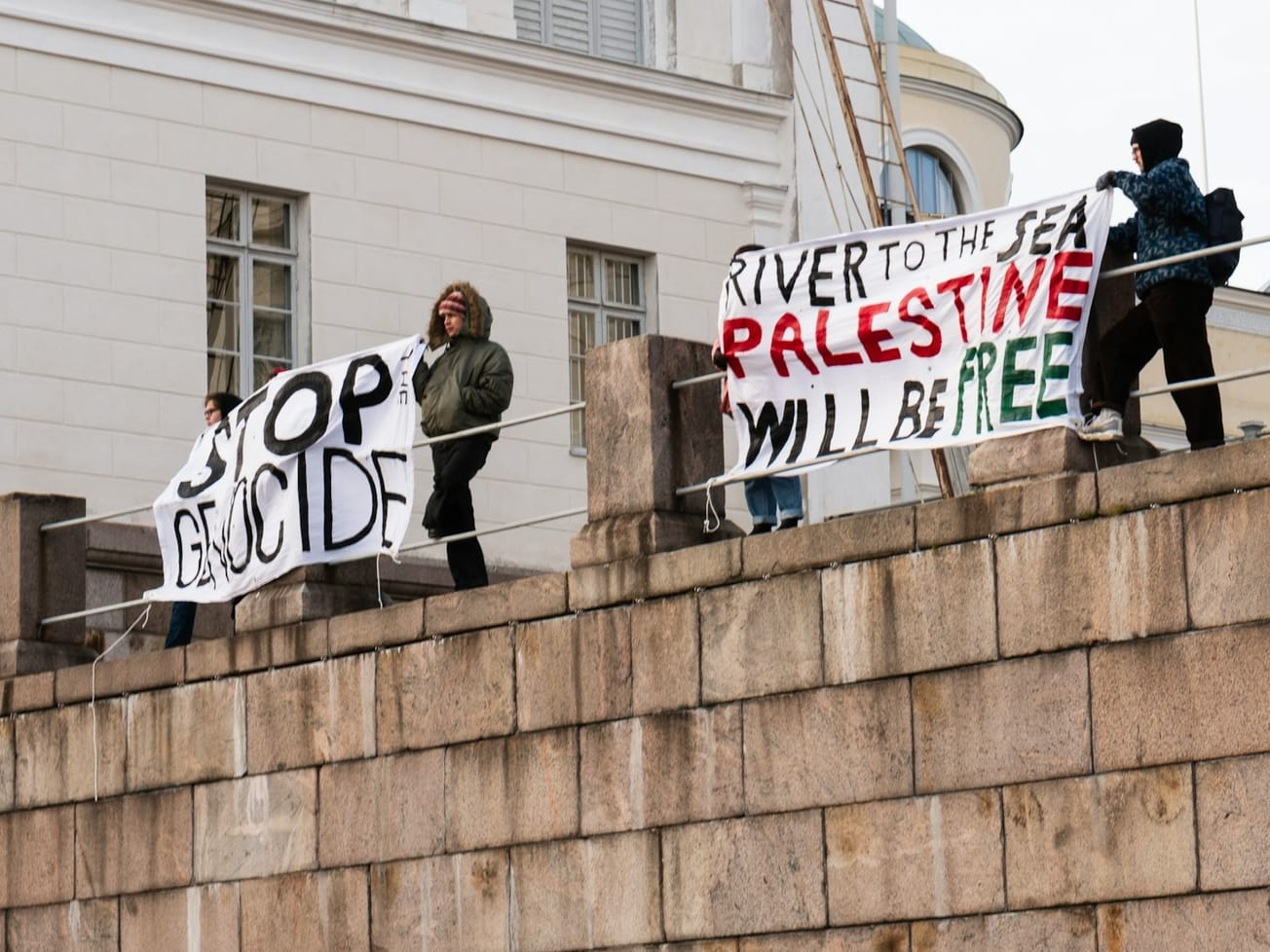Myanmar leader Aung San Suu Kyi will head a delegation to the United Nations' top court next month to challenge its prosecution of an alleged military-led genocide targeting Rohingya Muslims, her government said on Wednesday.
The announcement by Myanmar's presidential office came in response to a lawsuit against the nation filed by Gambia with the International Court of Justice, or ICJ, the U.N.'s main judicial body based at The Hague, Netherlands. Myanmar's president, Win Myint, holds a largely ceremonial post and is a close associate of Suu Kyi, a former icon of democracy and 1991 Nobel Peace Prize winner.
"Under the Charter of the United Nations, all members of the United Nations, including Myanmar, are bound by the statute of the ICJ," Myanmar's presidential office said in a statement announcing Suu Kyi's involvement as State Counselor of Myanmar, a five-year post equivalent to prime minister.
"Myanmar has retained prominent international lawyers to contest the case submitted by Gambia," it said. "The State Counselor, in her capacity as Union Minister for Foreign Affairs, will lead a team to The Hague, Netherlands, to defend the national interest of Myanmar at the ICJ."
ICJ will hold public hearings in the case of Gambia versus Myanmar from December 10 to 12 that "will be devoted to the request" by Gambia for provisional measures, the court said in a statement on Monday.
Gambia brought suit on behalf of the Organization of Islamic Cooperation, or OIC, on charges that Myanmar violated the 1951 U.N. Convention on the Prevention and Punishment of the Crime of Genocide.
The OIC, an intergovernmental organization second in size only to the United Nations, got involved after Gambia's justice minister, Abubacarr Tambadou, visited Bangladesh's refugee camps for Rohingya people as part of an OIC delegation. He had spent more than a decade prosecuting cases from Rwanda’s 1994 genocide.

The International Court of Justice, the U.N.'s top court (AN/ICJ)
ICC takes up the Rohingya situation
The case of Myanmar's alleged crimes against the Rohingya people has also led to action in the International Criminal Court, the world's top war crimes tribunal, located at The Hague. ICC, which is independent of the U.N. system, last week authorized its prosecutor to investigate alleged crimes against humanity, which Myanmar denies. Myanmar’s government rejects any cooperation with ICC.
ICC's chief prosecutor, Fatou Bensouda, is a Gambian lawyer and maritime law expert. Bensouda has been ICC’s top prosecutor since June 2012 and ICC deputy prosecutor since 2004. Before joining the court, she was a legal adviser and trial attorney at the International Criminal Tribunal for Rwanda.
ICC said it would support the prosecution's request to investigate what a U.N. expert panel called a military-planned campaign of genocide against the Southeast Asian nation's ethnic minority population.
Three ICC pre-trial chamber judges ruled last week Myanmar's 2017 military crackdown on Rohingya people falls within the court's jurisdiction, since hundreds of thousands fled to Bangladesh for safety.
"The chamber also received the views on this request by or on behalf of hundreds of thousands of alleged victims," the court said in a statement. "According to the ICC registry, victims unanimously insist that they want an investigation by the court and many of the consulted alleged victims 'believe that only justice and accountability can ensure that the perceived circle of violence and abuse comes to an end.' "
ICC acted a day after some Rohingya people and Latin American human rights groups filed a genocide lawsuit in Argentina against Suu Kyi and other Myanmar officials, arguing for "universal jurisdiction."
#ICC judges authorise the Prosecutor to open an investigation on alleged crimes committed against the #Rohingya in the situation in #Bangladesh/#Myanmar. Learn more about this decision & the next steps ⤵ https://t.co/pwvjywUZg8
— Int'l Criminal Court (@IntlCrimCourt) November 14, 2019
'A reasonable basis' for investigation
In September, a U.N. fact-finding mission wrapped up two years of investigation by urging the world to hold Myanmar’s military responsible for “genocidal acts” against the Muslim Rohingya minority.
The Independent International Fact-Finding Mission on Myanmar said in a 187-page report the Rohingya people suffered marginalization, discrimination and brutality at the hands of Myanmar armed forces, called the Tatmadaw. It reproached Suu Kyi for her laissez-faire approach to the Rohingya crackdown, which humanitarian officials have described as the world’s fastest growing refugee crisis.
Suu Kyi’s father, General Aung San, is considered the father of independence in the former British colony of Burma. He formed an independent army, united the nation and signed an independence agreement with Britain in January 1947. He was assassinated six months later, when Suu Kyi was just two years old.
The military, after seizing power in a 1962 coup, ruled Myanmar for almost a half-century. Suu Kyi became leader of the nation's pro-democracy movement and was put under house arrest for 15 of the 22 years of military rule. After a 2010 general election and Suu Kyi’s election to parliament in 2012, the United States and other Western governments began to roll back years of restrictions against Myanmar.
The Rohingya long suffered widespread discrimination, denial of citizenship and other losses of basic human rights in predominantly Buddhist Myanmar, which views them as Bangladeshi immigrants even though they settled long ago in the Rakhine region.
Some 600,000 Rohingya inside Myanmar face persecution and live under the threat of genocide, the U.N. panel reported, while Myanmar’s 2017 “clearance operations” — mass killings, rapes and burning of villages — cost thousands of lives and caused more than 740,000 Rohingya to flee to Bangladesh.
Though Myanmar is not a party to the Rome Statute, the treaty adopted in 1998 by 12o nations that underpins the ICC's authority, Bangladesh joined the court's jurisdiction by ratifying the treaty in 2010. Because of that, ICC judges said, "the court may exercise jurisdiction over crimes when part of the criminal conduct takes place on the territory of a state party."
ICC said there was "a reasonable basis to believe" that widespread, systematic violence may have been carried out against the Rohingya that could be considered as crimes against humanity. "Noting the scale of the alleged crimes and the number of victims allegedly involved," it added, "the chamber considered that the situation clearly reaches the gravity threshold."
The court's prosecution office will begin "independently, impartially, and objectively" collecting evidence from reliable sources and it "can take as long as needed" to carry out the task, ICC judges said.
The United States was among seven nations that voted against joining the Rome Statute more than two decades ago; China, Iraq, Israel, Libya, Qatar and Yemen were the others. In 2000, then-U.S. President Bill Clinton signed the Rome Statute. But the U.S. Senate never ratified it.
With 60 ratifications the treaty entered into force in July 2002, making the court operational from that date forward. The court's jurisdiction grew to include 124 member nations by 2017, but over the past two years Burundi and the Philippines have withdrawn, leaving it with 122 member nations.









